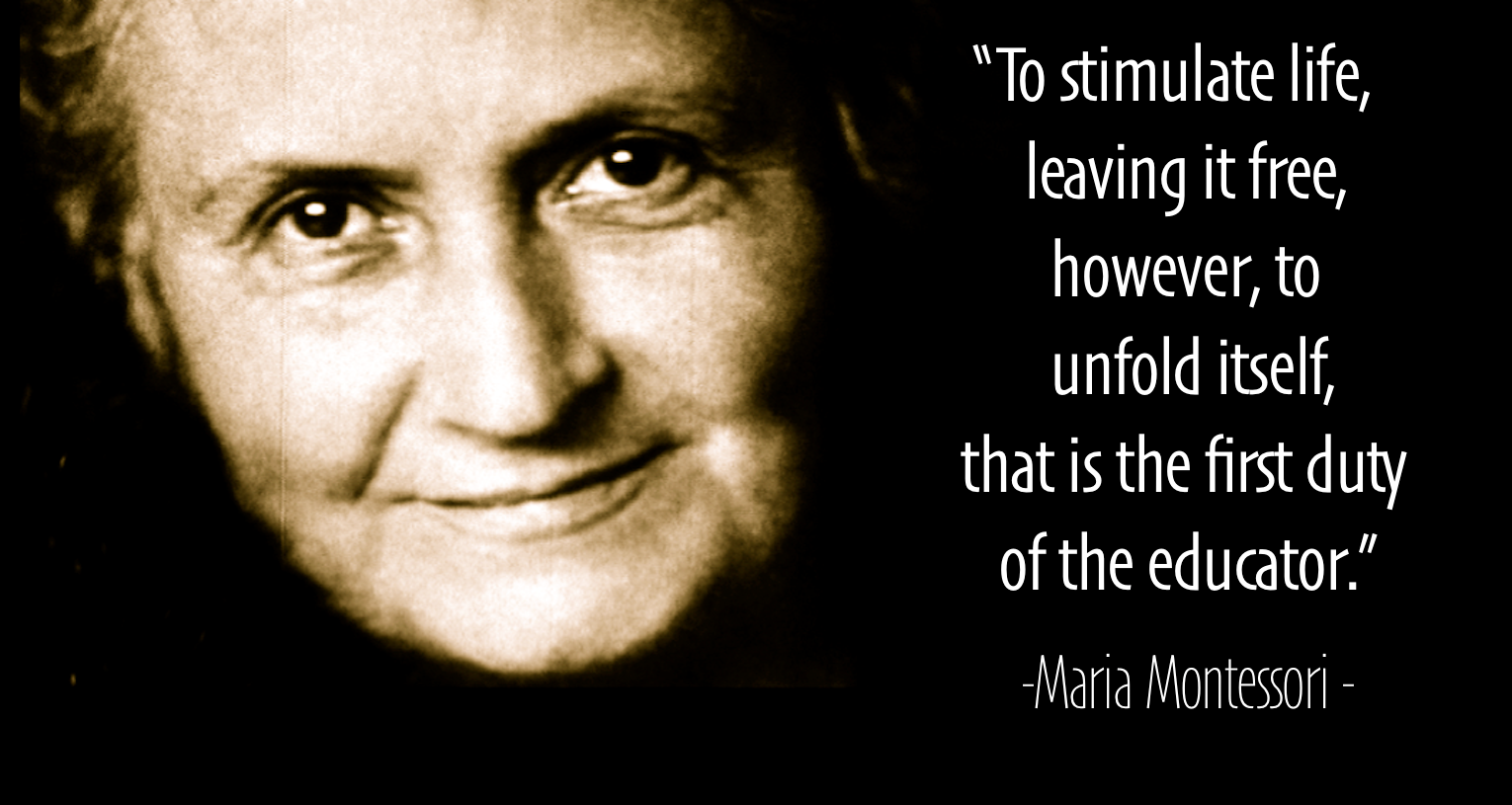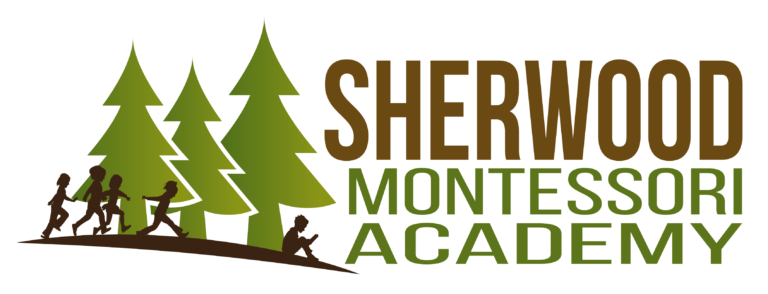
The ‘Primary’ is the pre-school setting for children from three to six years of age. There are four main areas in the pre-school program: Practical Life, Sensorial, Language and Mathematics. Considerable emphasis is also placed on Creative Arts, Music, Science, Geography and Cultural Studies.
Sensorial : From an early age children start developing a sense of order, seek to sort, arrange and classify things or objects. The sensorial learnings provide a means for growth and understanding. This helps the child understand abstraction which become inherent in his nature and everyday life. The sensorial materials provide the child with the learning in perceiving distinctions between similar and different objects. At a later stage, the child learns to classify/grade a set of similar objects that are different in sized to give them a perspective on measure. Each intent of doing exercises this way is so the child perceives each piece through the senses and can differentiate on color, form, volume, pitch, weight, taste, dimension, temperature, and texture. Precise language like long/short, high/low, big/small etc. is taught along these sensorial experiences to make the world even more meaningful to the child.
Practical Life : Montessori approach to practical life is that it is the link between the child’s home environment and the classroom. The child’s develops fine motor skills through the use of a variety of materials and activities as well as other learning skills needed to advance to the more complex Montessori materials. The practical life materials allow the child to hone in on the precise movements which challenge them to concentrate, to work at their own pace uninterrupted, and to complete a cycle of work which typically results in the feelings of satisfaction and confidence. Practical life focusses on: Control of Movement, Care of Person, Care of Environment , with Grace and Courtesy.
Language : Maria Montessori did not believe that reading, writing, spelling and language should be taught as separate entities. Pre-primary children are immersed in language development and the Montessori approach provides a carefully thought-out program to facilitate this process. Oral language acquired since birth is further elaborated and refined through a variety of activities such as songs, games, poems, stories and classified language cards.
Indirect preparation for writing begins with the practical life exercises and sensorial training. Muscular movement and fine motor skills are developed along with the ability of the child to distinguish the sounds which make up language. With this spoken language background the primary teachers begins to present the alphabet symbols to the child. When a number of letters have been learned the movable alphabet is introduced. These cardboard or wooden letters enable the child to reproduce his or her own words, then phrases, sentences and finally stories. Because children know what they have written, they soon discover they can read back their stories. Reading books both to themselves and others soon follows.
Mathematics : Mathematics is a way of looking at the world, a language for understanding and expressing measurable relationships inherent in our experience. A child is led to abstract ideas, his mind has already been awakened to mathematical ideas through the sensorial experiences. The child has seen the distinctions of distance, dimension, identity, similarity and sequence and is then introduced to the functions and operations of numbers. Through concrete material the child learns to add, subtract, multiply and divide and gradually comes to understand many abstract mathematical concepts with ease and joy.
